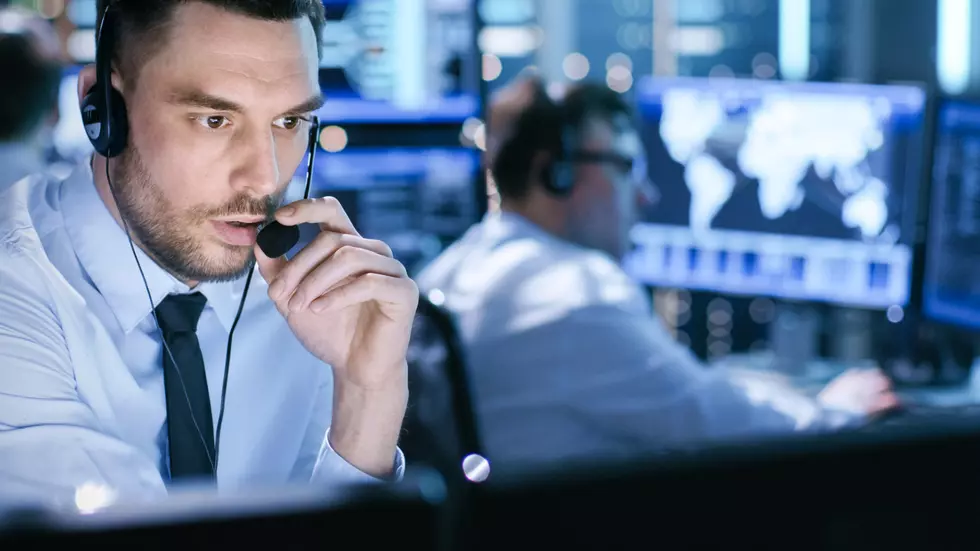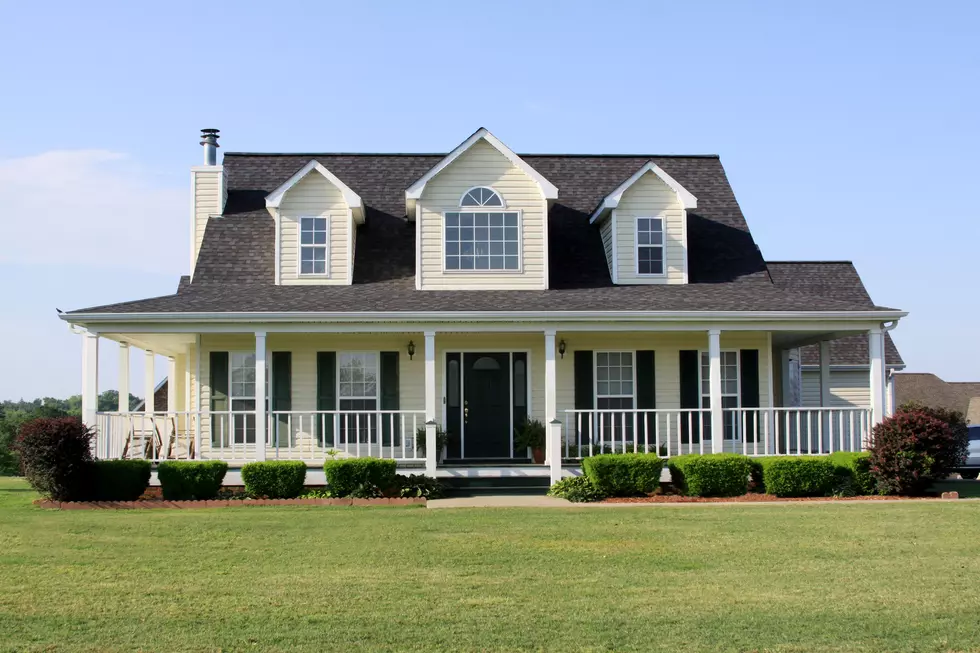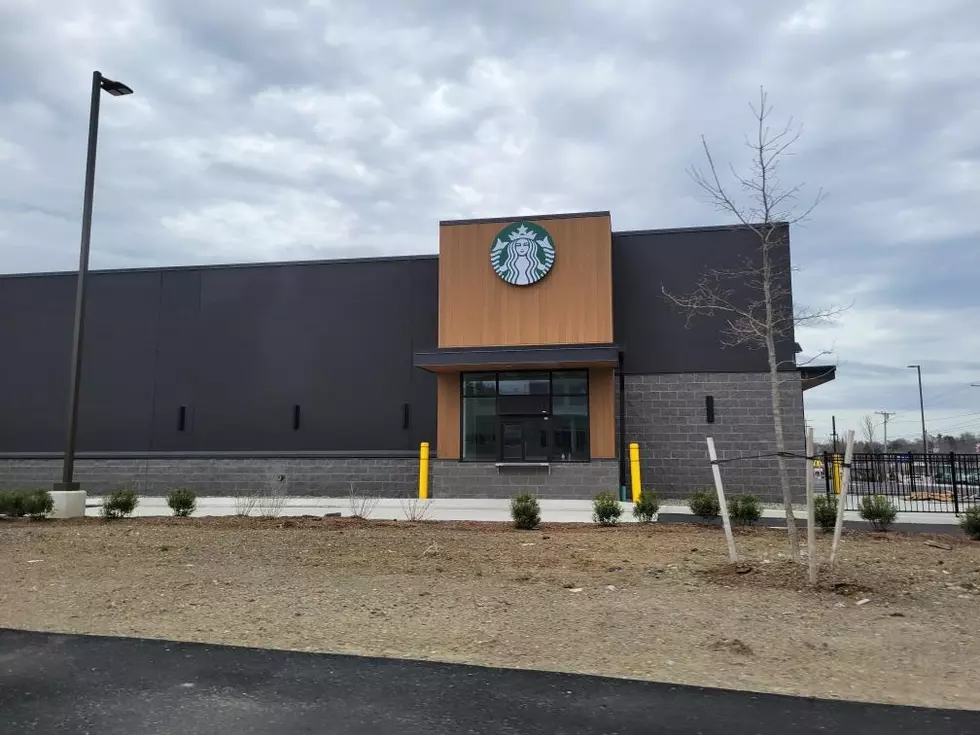
Do’s And Don’ts About Calling 911 From A Maine Dispatcher
They are the calm voice at the other end of the line when we call for help in emergency situations.
Public Safety Telecommunicators, or dispatchers are they're often referred to, are the first line of help when we call 911.
The week marks National Public Safety Telecommunications Appreciation Week, a time to take a moment to thank these men and women for the difficult work they do every day.
But many of us likely have no real clue as to what goes on at a dispatch center, when our calls are first picked up by these pros.
What happens when you call 9-1-1? There's a process that takes place that many folks might not be aware of. That's why, back in 2008, Congress declared the month of April "9-1-1 Education Month."
According to the site, know911.org, the designation was created to help educate people about the "resources and materials to support public education about the optimal use of 9-1-1 services nationwide."
Locally, the Penobscot Regional Communications Center has been posting to their Facebook Page, trying to help enlighten the community with some of the things to keep in mind when you make a call, during an emergency.
"Continuing with 9-1-1 education month - a little 'what to expect' when you call 9-1-1."
Wanting a little more of a look behind the veil, so to speak, when it comes to what dispatchers deal with when answering 9-1-1 calls, we reached out to one directly.

Rolly Means has worked as an Emergency Dispatcher for the Hancock County Regional Communications Center for over 2 decades.
He says there are several things that folks can do to make a call to 9-1-1 go as smoothly and efficiently as possible.
1.) Get ready for a ton of questions, but don't worry, the questions don't delay the response to your emergency.
Dispatcher Means says Emergency Dispatchers are trained and required to ask a lot of questions. And those questions have a purpose! He says that through the years, people have gotten quite upset to the point of becoming irritated and sometimes belligerent when dispatchers dive in for answers.
"We get yelled at... a lot!" Dispatcher Means says folks mistakenly think all the questions that get asked will somehow delay an emergency response. But that's not the case.
He says calls are often answered by more than one dispatcher. While one asks important questions, another dispatcher will be coordinating the correct services to send.
The answers you give them when you call 9-1-1, help them to make sure that if there are specific pieces of equipment that are needed, emergency crews pack and prep those before they head out. It also gives them the best idea of how to keep you the caller, and all the first responders safe.
2.) State where you are if you know. If you don't know, do your best to notice the details of your surroundings.
Dispatcher Means says that while the technology has come a long way since the days of wired house phones, it can still take a little bit for 9-1-1 dispatchers to determine your location, and they're often at the mercy, as far as cell phone location apps go, of your carrier.
Some are more accurate and quicker to pin down a location than others. The more detail you can give them about where the emergency is taking place, with landmarks and street names and details, the quicker they can send help.
3.) Remain as calm as you can; It will help everyone out in the long run.
Means says dispatchers are very aware that folks who call 9-1-1 are in an emergency situation, and at times in a state of fear or excitement. But he points out that often, especially in the case where children are involved, the calmer and collected you remain (and the dispatchers will help remind you of this) the better the overall outcome of the call can be. People tend to feed on the frenzy of a situation, particularly children. If you can attempt to stay level-headed, you will help them to remain level-headed, too.
4.) Try to keep some perspective and have patience.
These days, with emergency resources as strained as they are, and the call volume at the highest level dispatchers have seen in years, Dispatcher Means says that there are instances where it can take a minute or two to track down responders and vehicles to send out to emergency scenes. Add to that, the fact that sometimes folks call 9-1-1 with things that are not considered an emergency situation (he referenced that sometimes people call to ask where a parade route is, or to report an issue with a neighbor's rock wall encroaching on their property, for example.) While dispatchers are highly skilled and trained in their field, they're also human. From time to time, they can get weighed down by the gravity of their job. They deal with people who are experiencing the worst days of their lives, and that can get heavy. If you ever have to call 9-1-1, if you can keep that in mind, Means says that's always appreciated.
Now you know. Let's hope you never need to call, but if you do, you'll be ready.
A Day in The Life of An Augusta Police Officer
Gallery Credit: Lizzy Snyder
Absolute Top 10 Necessities To Survive A Maine Winter
Gallery Credit: DJ Fred



